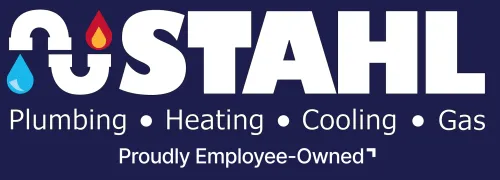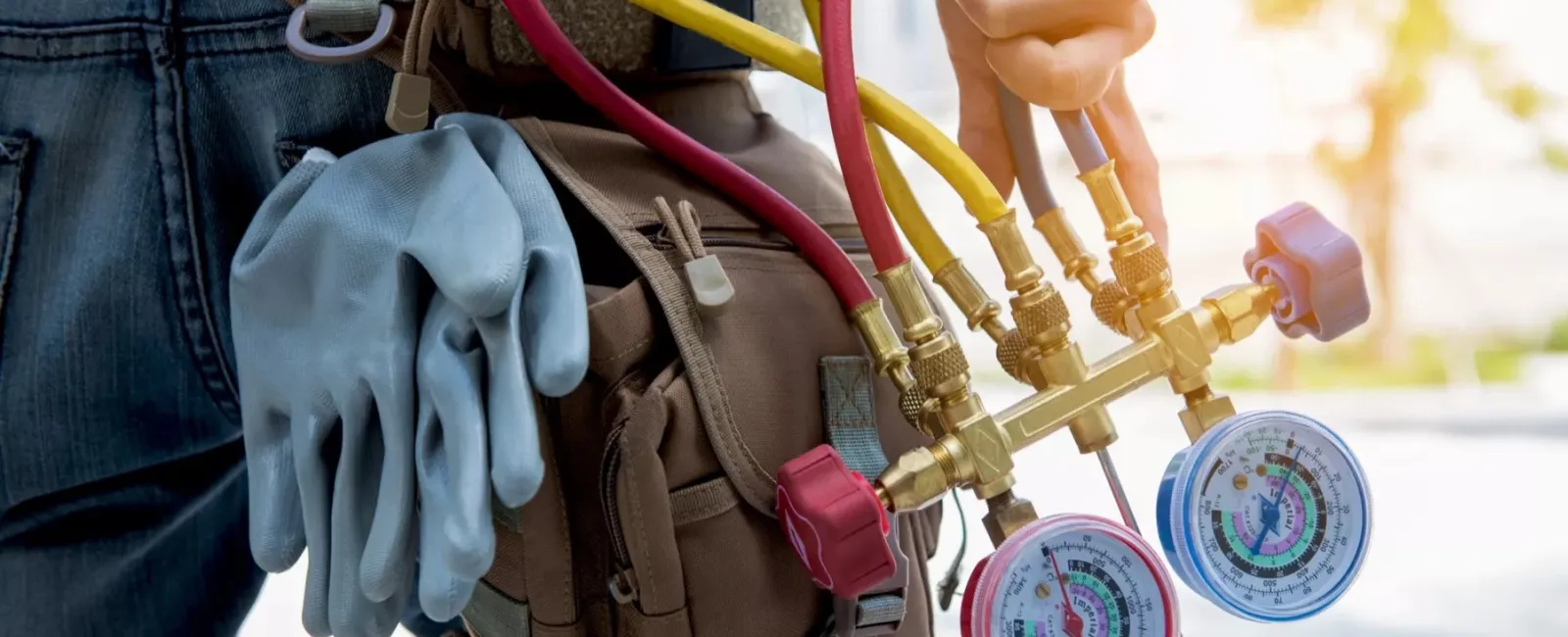There's nothing worse during a bad cold snap to turn the valve on your faucet and have nothing come out. Frozen pipes are not only an inconvenience, they can cause severe damage to your home or business. In this post, we'll take a look at how to prevent frozen pipes and how to fix them once they've frozen.
Preventative Care
- Remove hoses from and cover outdoor faucets.
- Keep your home at a minimum of 68 degrees, even while you're away.
- Use insulation or heat tape to wrap pipes in unheated basements and crawl spaces.
- Insulate exterior walls and unheated areas where pipes run.
- If you're away on vacation, shut off water supply valves to major appliances.
Preventing Frozen Pipes in a Cold Snap
- Allow faucets to drip, allowing ground-temperature water to keep the pipes warmer.
- Check faucets frequently. If a faucet slows down, increase the water flow until it's wide open, then let it run until the flow is back to normal.
- Make sure your windows and external vents are closed.
- Put heating or a trouble light in your basement or crawl space.
- Leave sink cabinet doors open to allow warm air to circulate.
Thawing Frozen Pipes
- Open the faucet valves to allow melting water to drip out, minimizing damage to the pipes from pressure as the ice expands before thawing.
- Use a hair dryer to thaw pipes, starting nearest the faucet. Make sure there isn't any standing water if you use this method!
- Another option if you're worried about electrical shock is to heat water on your stovetop, then soak towels in it and wrap them around the frozen pipes to thaw them.
What to Do If a Pipe Bursts
- If a pipe bursts after a shut-off valve to a sink or appliance, turn off the shut-off valve.
- If it's a cold water line before a shut-off valve, shut off your water main and power or gas to your water heater.
- If it's a hot water line, you may be able to get by closing the water inlet valve at the top of your water tank, allowing you to continue using your hot water.
- Soak up as much of the water as possible to control the damage and call a plumber.
By following these tips, you should be set to prevent and take care of most frozen pipe issues this winter may throw at you. At Stahl Plumbing, Heating and Air Conditioning, we know that sometimes things happen and you end up with an emergency when your pipes become frozen, which is why we offer 24/7 emergency service. Contact us at any time, day or night, to see to your plumbing emergencies.

